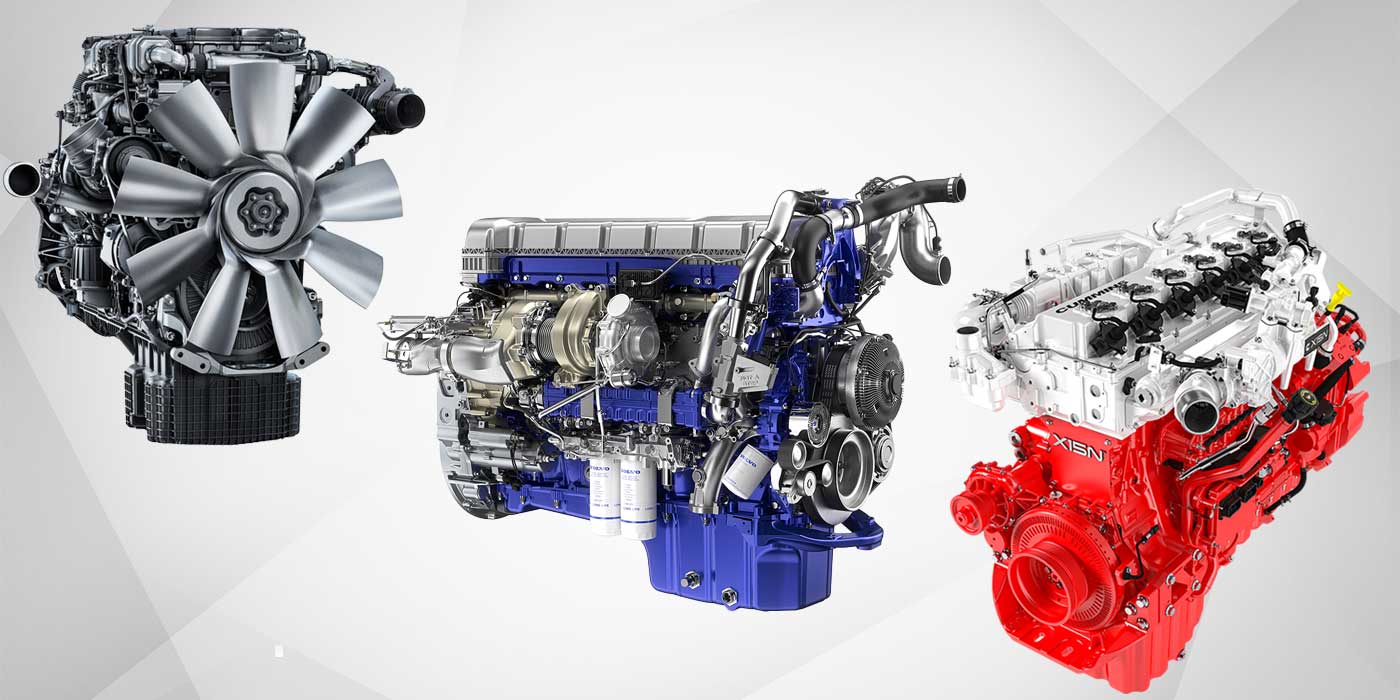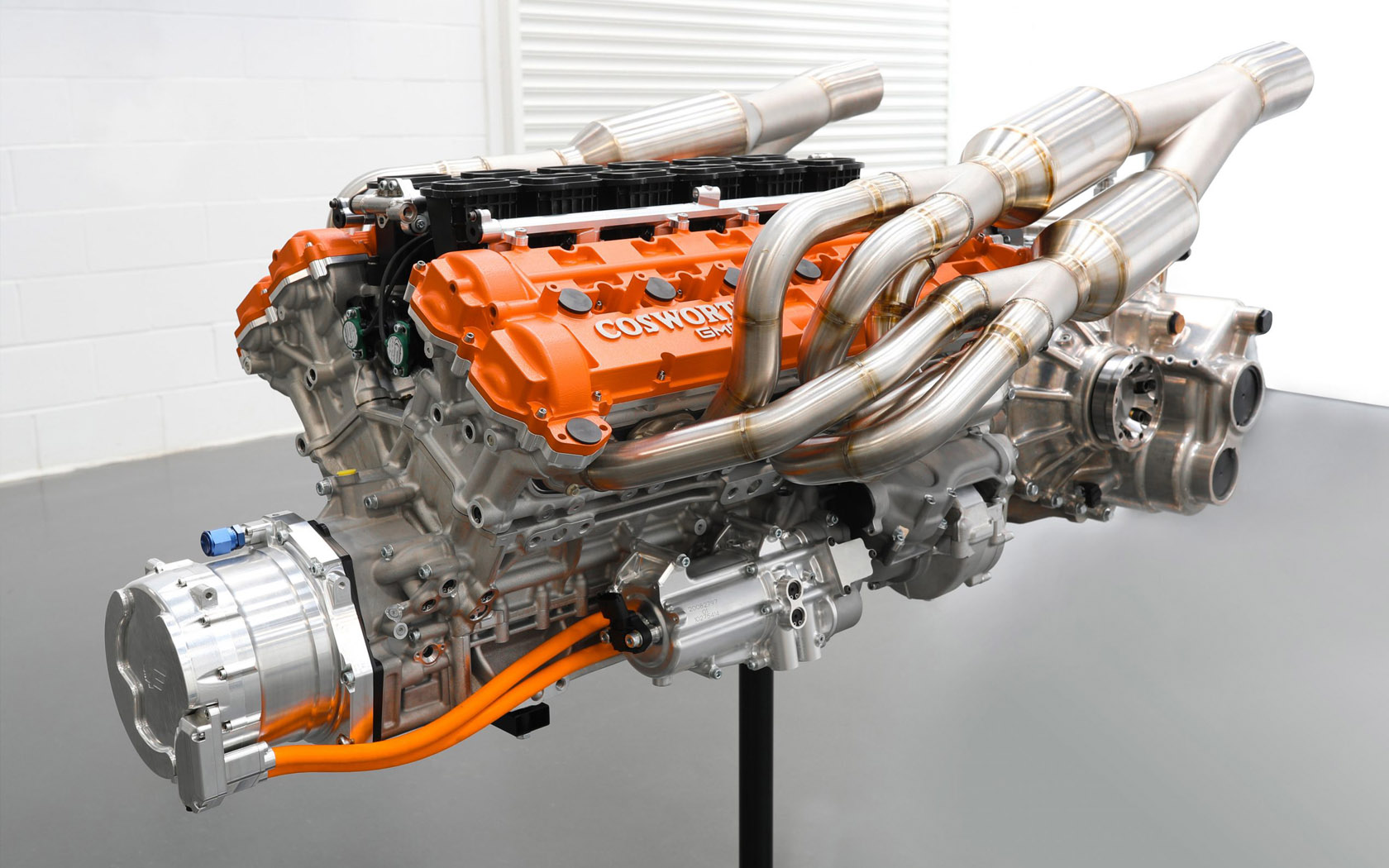A Full Overview to Buying from Engines For Africa
A Full Overview to Buying from Engines For Africa
Blog Article
Explore a Wide Range of Engines for each Automobile and Function
The auto landscape is increasingly intricate, with a diverse variety of engine kinds designed to meet specific performance and effectiveness requirements across numerous lorry categories. From the high-performance engines that power cars to the fuel-efficient choices customized for day-to-day travelling, the options are large and differed. Furthermore, sturdy engines offer the needs of job vehicles, while green choices are getting grip in the quest of sustainable transportation. Comprehending these differences is crucial for making informed choices, especially as arising technologies remain to form the future of auto design. What effects might these improvements hold for consumers and manufacturers alike?
Kinds Of Automotive Engines
Automotive engines can be categorized into several unique kinds, each developed to satisfy particular efficiency and efficiency demands. One of the most usual classifications consist of internal combustion engines, electric engines, and crossbreed systems.

Electric engines, on the other hand, run on electric power stored in batteries, providing immediate torque and zero discharges. These engines are coming to be significantly preferred due to innovations in battery modern technology and the expanding focus on sustainability.
Hybrid systems integrate both internal combustion and electrical engines, making it possible for lorries to enhance gas performance and decrease discharges by perfectly switching over in between power sources. Each engine type presents its advantages and downsides, affecting factors such as car layout, planned use, and market demand. When picking the ideal engine for their details demands., understanding these differences is essential for customers and manufacturers alike.
Performance Engines for Sports Cars
Performance engines for sports autos are specifically engineered to supply boosted agility, power, and speed, setting them apart from basic automobile engines. These engines typically make use of sophisticated technologies such as turbocharging, supercharging, and variable valve timing to maximize performance and responsiveness.
Normally, performance engines are developed with greater compression ratios, which enable for greater energy removal from gas. This results in impressive horse power and torque figures, enabling rapid acceleration and greater top speeds. The light-weight products utilized in these engines, such as aluminum and carbon fiber, contribute to reduced total car weight, boosting handling and ability to move.
Engine setups like V6, V8, and even hybrid systems prevail in performance cars, each offering unique advantages in terms of power shipment and driving dynamics. The adjusting of these engines is also critical; numerous makers enhance the engine management systems to give a thrilling driving experience, frequently consisting of sport modes that readjust throttle feedback and gear shifts.
Reliable Engines for Daily Commuters
In the realm of day-to-day travelling, efficient engines play a critical role in optimizing gas economy and decreasing emissions while offering dependable efficiency. As city populations grow and ecological issues escalate, the demand for cars furnished with efficient powertrains has actually risen.
Modern engines designed for daily commuters often integrate innovations such as turbocharging, straight gas injection, and hybrid systems. Turbocharging improves engine performance by forcing more air right into the burning chamber, permitting for smaller sized, lighter engines that do not compromise power output. Straight gas shot enhances gas atomization, leading to better Look At This combustion and enhanced effectiveness.
Crossbreed engines, incorporating inner burning with electrical power, additional enhance fuel economic situation, particularly in stop-and-go website traffic, where standard engines can deal with inadequacies. Electric electric motors aid throughout acceleration and can run individually at reduced rates, reducing overall gas usage.
In addition, advancements in engine monitoring systems and lightweight products add considerably to efficient engine design. By concentrating on performance, durability, and environmental sustainability, makers remain to supply engines that not only meet the needs of everyday commuting however additionally line up with global efforts to reduce carbon impacts.
Heavy-Duty Engines for Job Cars
Durable engines for work vehicles are routinely engineered to deliver outstanding torque and dependability under requiring conditions. These engines are designed to execute in environments where standard engines may fail, such as building sites, logging operations, and farming settings. The main focus of heavy-duty engines is their ability to produce high levels of power while preserving toughness over prolonged periods of procedure.
Generally, sturdy engines use sophisticated products and robust building and construction methods to endure the roughness of heavy work. Attributes such as strengthened cyndrical tube blocks, improved air conditioning systems, and advanced fuel shot innovations add to their effectiveness. These engines often run at lower RPMs, which assists to maximize fuel performance while offering the essential power for towing and transporting.
Along with mechanical robustness, durable engines are usually outfitted with sophisticated electronic control units (ECUs) that handle performance, exhausts, and diagnostics. This assimilation enables much better tracking and upkeep, guaranteeing that job top article lorries remain operational and effective.
Inevitably, sturdy engines are a vital element in the performance of numerous sectors, providing the necessary power and integrity to tackle the toughest of tasks.
Eco-Friendly Engine Options
The growing emphasis on sustainability has caused the growth of eco-friendly engine options that prioritize minimized exhausts and enhanced fuel effectiveness. These engines are created to decrease the ecological influence of automobiles while still providing the performance and dependability expected by consumers.
Among one of the most significant environment-friendly choices are electrical and hybrid engines. Crossbreed engines integrate standard internal combustion engines with electric propulsion, allowing for lowered gas usage and lower greenhouse gas discharges. Electric engines, on the other hand, run completely on battery power, producing zero tailpipe discharges and adding to cleaner air high quality.
One more appealing advancement is the development of biofuel engines, which make use of renewable energies, such as plant products, to power vehicles (Engines For Africa). By making use of biofuels, these engines can reduce reliance on nonrenewable fuel look at this website sources and reduced general carbon impacts

As the automobile sector progresses, environmentally friendly engine options will play a critical function in driving the shift towards more lasting transportation options.
Final Thought
The vehicle industry provides a diverse variety of engines designed to satisfy different lorry needs and objectives. From high-performance engines that improve sports car abilities to efficient designs prioritizing fuel economic situation for daily commuters, each kind offers a particular function. Durable engines deal with robust work vehicles, while environmentally friendly alternatives, such as electric and biofuel engines, advertise lasting transportation. This comprehensive range guarantees that all driving needs are dealt with, adding to advancements in automobile modern technology and environmental stewardship.

Report this page